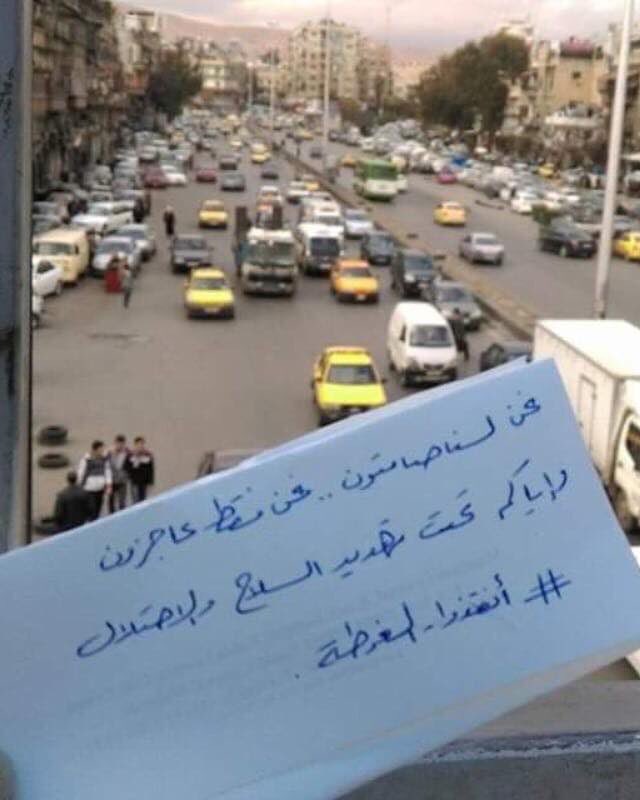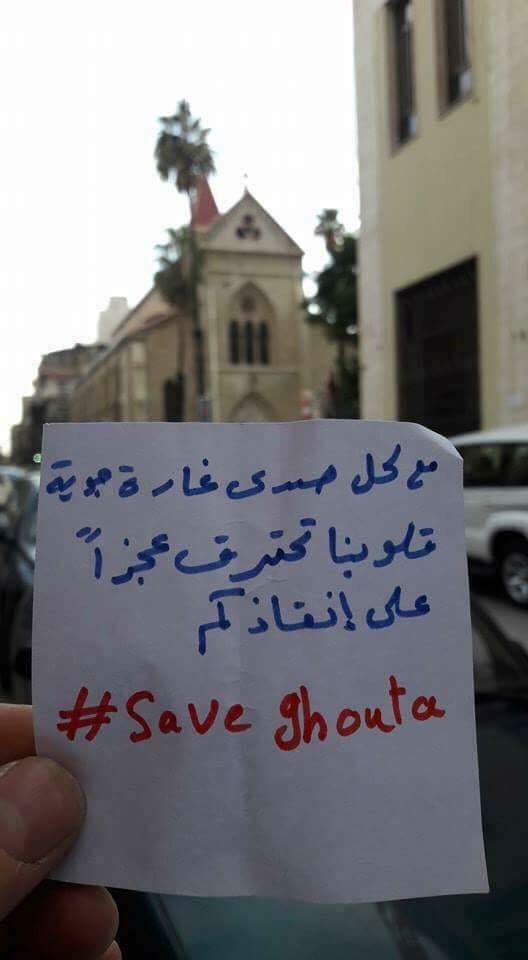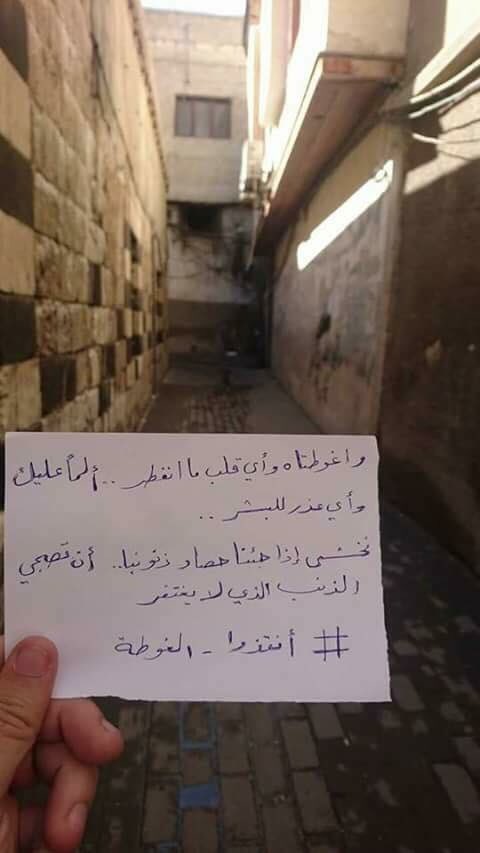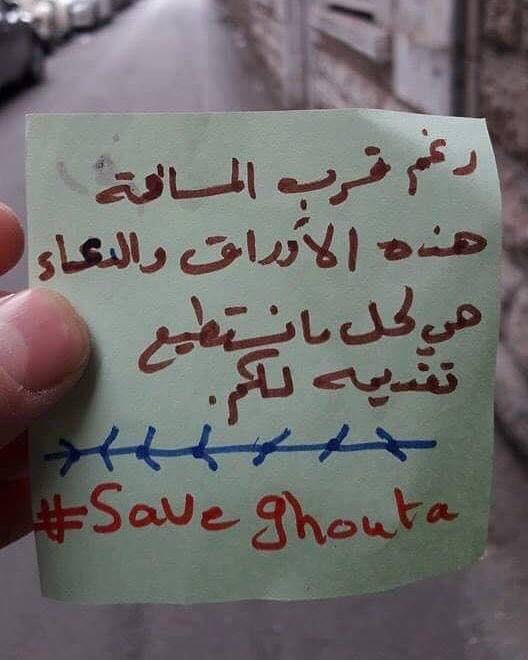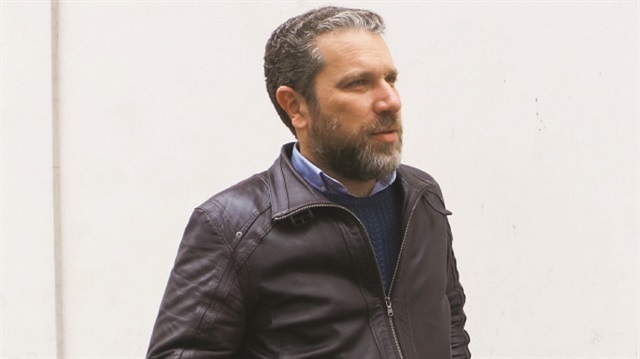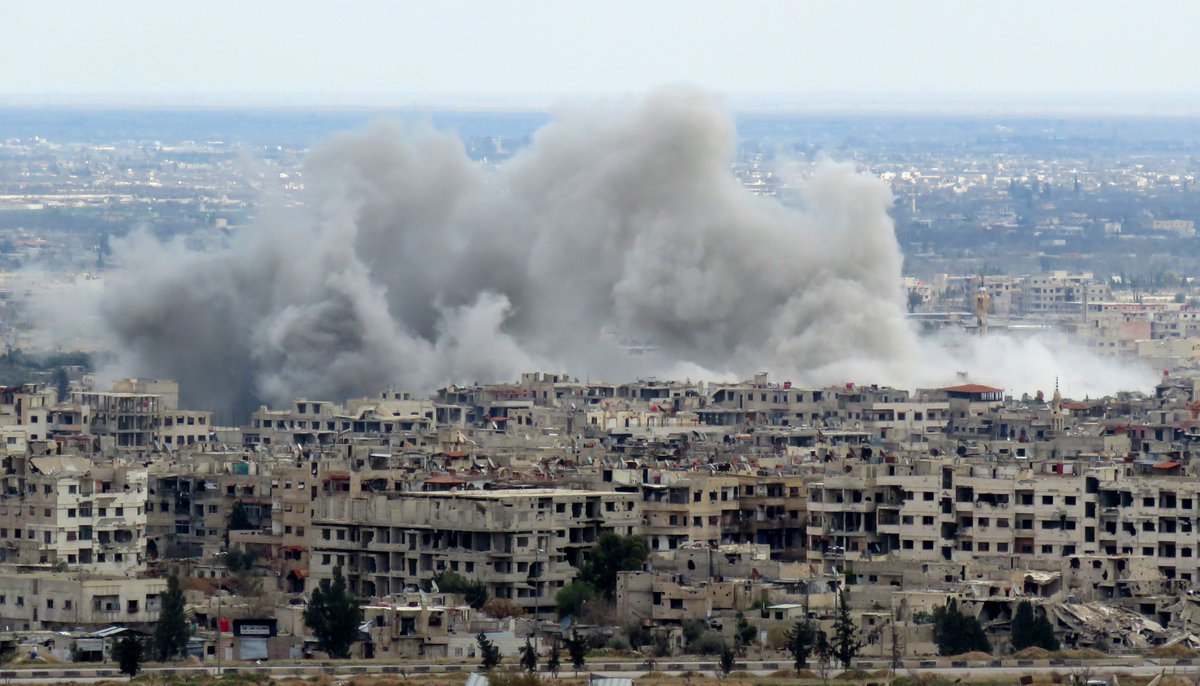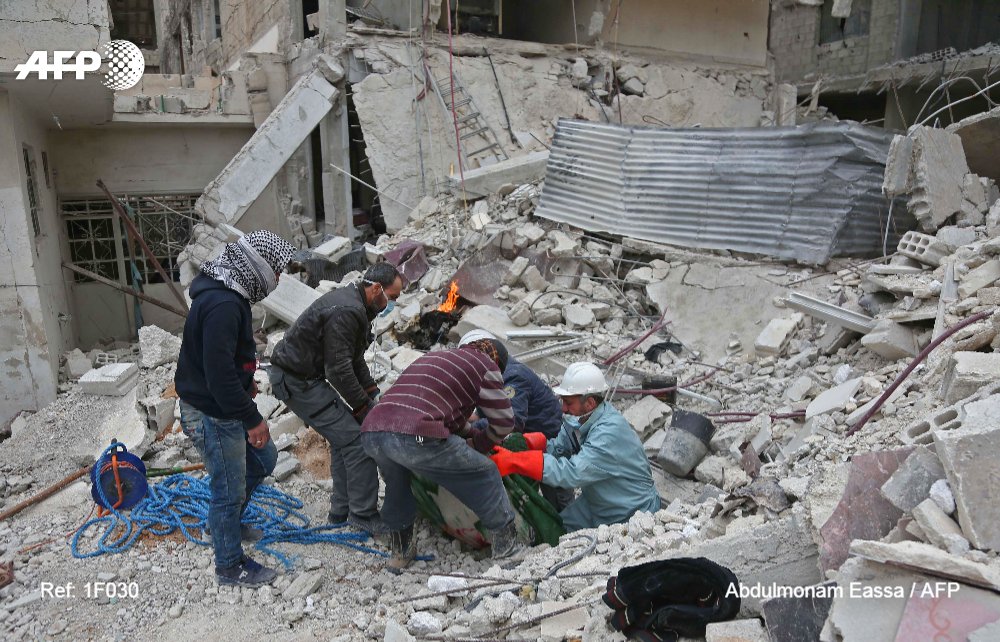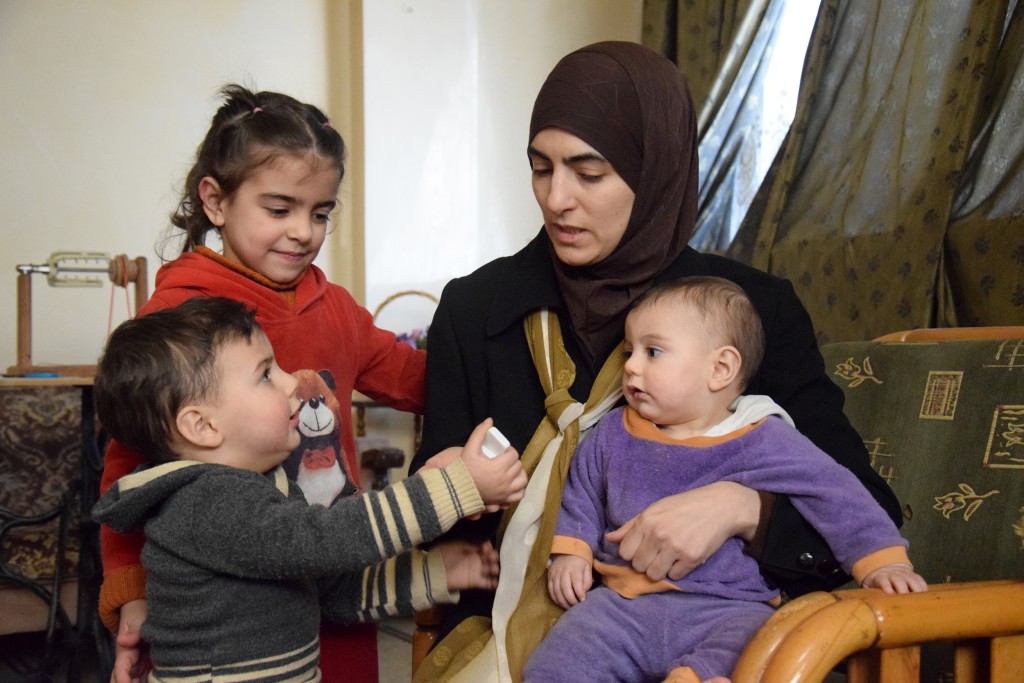
'A rescue worker portrayed in a Syrian film nominated for an Academy Award is waiting in his war-torn country for a visa to the U.S. to attend what could possibly be the most joyous event of his young life. Mahmoud, 29, who wants to only use his first name to protect his family, is one of the White Helmets rescue workers portrayed in the documentary “Last Men in Aleppo.” He survived a devastating offensive in eastern Aleppo that the government recaptured in 2016.
Since then, Syria became one of the countries under a U.S travel ban, making Mahmoud’s trip to the U.S. to attend the ceremony a major hurdle. He has no passport and the Syrian government considers the White Helmets to be a terrorist organization because it operates in rebel areas.
The film’s director and writer, Firas Fayyad and its producer, Kareem Abeed, made it to the U.S. after a lengthy process. Abeed thanked the U.S. State Department on his Facebook page for helping him get a visa.
Mahmoud lives in an area under opposition control. With the conflict’s years reflected in his eyes, Mahmoud said he wants to go the U.S. to speak about his experience.
“It is different when you have a message and you deliver it yourself,” he told the Associated Press in opposition-held rural Aleppo.
Fayyad said he has been attempting to get Mahmoud a passport but has been met with government rejection. The Syrian government refuses issuing documents for residents living in opposition areas.
“Mahmoud will not be able to attend and he will not get a visa,” Fayyad said in an exchange on Facebook. “It is unfortunate and very sad. He is the one who should be there.”
“It is different when you have a message and you deliver it yourself,” he told the Associated Press in opposition-held rural Aleppo.
Fayyad said he has been attempting to get Mahmoud a passport but has been met with government rejection. The Syrian government refuses issuing documents for residents living in opposition areas.
“Mahmoud will not be able to attend and he will not get a visa,” Fayyad said in an exchange on Facebook. “It is unfortunate and very sad. He is the one who should be there.”
The film – the first Syrian movie to be nominated for an Oscar – follows a group of men in the then rebel-held part of Aleppo, volunteering to save lives and respond to the incessant government bombings around their hometown.
“The world has the wrong impression about Syria and what’s going on there, that it is only a civil war,” Mahmoud said.
“What is happening in Syria is a revolution, one of pride – a revolution for humanity.”
He said his experience with the Civil Defense team, known as White Helmets, began in 2013.
The image of a child burning in a car following a strike with no one able to rescue him was imprinted in his mind.
“From that day until today, his picture never leaves my mind. I thought we have to do something. This child should not die that way,” he said.
“The world has the wrong impression about Syria and what’s going on there, that it is only a civil war,” Mahmoud said.
“What is happening in Syria is a revolution, one of pride – a revolution for humanity.”
He said his experience with the Civil Defense team, known as White Helmets, began in 2013.
The image of a child burning in a car following a strike with no one able to rescue him was imprinted in his mind.
“From that day until today, his picture never leaves my mind. I thought we have to do something. This child should not die that way,” he said.
Mahmoud moved to rebel-held rural Aleppo after the government entered eastern Aleppo. He still rescues bombing survivors and trains new volunteers.
“This is the message I would love the whole world to know and to reach everyone: This war must stop,” he said.
“We look around and there is death, death, death. How long can this go on? This bombing. People must have their simplest rights, peace, love, quiet, safety. You can’t imagine – people are unable to fall asleep because they are afraid of the strikes,” Mahmoud added.'
“This is the message I would love the whole world to know and to reach everyone: This war must stop,” he said.
“We look around and there is death, death, death. How long can this go on? This bombing. People must have their simplest rights, peace, love, quiet, safety. You can’t imagine – people are unable to fall asleep because they are afraid of the strikes,” Mahmoud added.'





